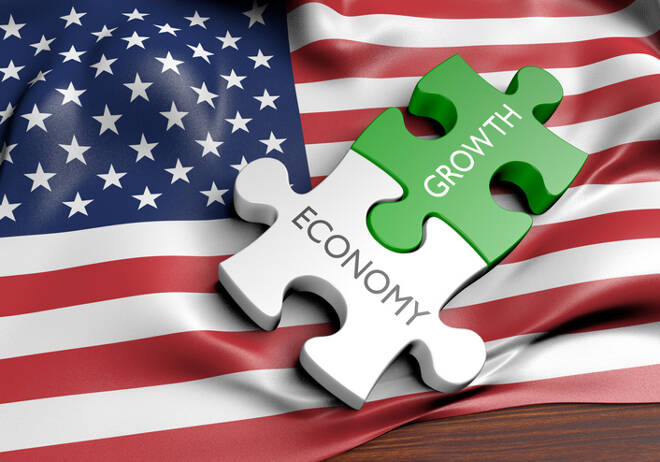Advertisement
Advertisement
In Light of Trade Dispute Developments, Does Fed’s Clarida Still Believe Economy is ‘In a Very Good Place’?
By:
Traders should be looking for comments on whether Clarida feels a prolonged trade dispute will have a negative effect on the U.S. labor market and inflation.
The calendar is thin on Monday with no U.S. economic data releases nor big corporate results due. This likely means U.S. stock market investors will rely heavily on the headlines to drive the price action, much like they did last week when White House headlines and President Trump tweets produced a number of both positive and negative price swings.
Also on the economic agenda is Fed Vice Chairman Richard Clarida, who is scheduled to speak at 13:10 GMT. His comments from more than a week ago had little effect on the markets because investor attention was focused elsewhere, but now that conditions have calmed a little, he may have something to say today that could draw the attention of investors.
Of particular interest for investors is whether Clarida deviates from his May 3 comments given the escalation of the U.S.-China trade dispute. This is because the underlying issue for investors in one week has shifted to whether there will be a U.S. recession later in the year if a prolonged trade dispute and additional tariffs from China slow down the U.S. economy.
On May 3, Federal Reserve Vice Chairman Richard Clarida said that the U.S. economy is strong and interest rate policy is an appropriate place to support growth.
Speaking at the Hoover Institution Monetary Policy Conference at Stanford University, Clarida endorsed the Fed’s recent policy switch to “patience” in terms of implementing future rate hikes, and to data dependence as opposed to being on a preset course.
“The U.S. economy is in a very good place,” the central bank official said in prepared remarks. “The unemployment rate is at a 50-year low, real wages are rising in line with productivity, inflationary pressure are muted, and expected inflation is stable.”
“So with the economy operating at or very close to the Fed’s dual-mandate objectives and with the policy rate in the range of FOMC participants’ estimates of neutral, we can, I believe, afford to be data dependent … as we assess what, if any, further adjustments in our policy stance might be required to maintain our dual-mandate objectives of maximum employment and price stability,” he said.
Prolonged Trade Dispute Impact
Since Clarida believes the Fed should remain data dependent in making its next interest rate decision, he may address the possible impact of a prolonged trade dispute on U.S. employment and inflation.
Traders should be looking for comments on whether Clarida feels a prolonged trade dispute will have a negative effect on the U.S. labor market and inflation. There is room for a slight increase in U.S. unemployment, but the Fed can’t afford to see inflation fall too far below its 2 percent mandate. If it does, then the central bank may be forced to make an interest rate cut later in the year.
About the Author
James Hyerczykauthor
James Hyerczyk is a U.S. based seasoned technical analyst and educator with over 40 years of experience in market analysis and trading, specializing in chart patterns and price movement. He is the author of two books on technical analysis and has a background in both futures and stock markets.
Advertisement
